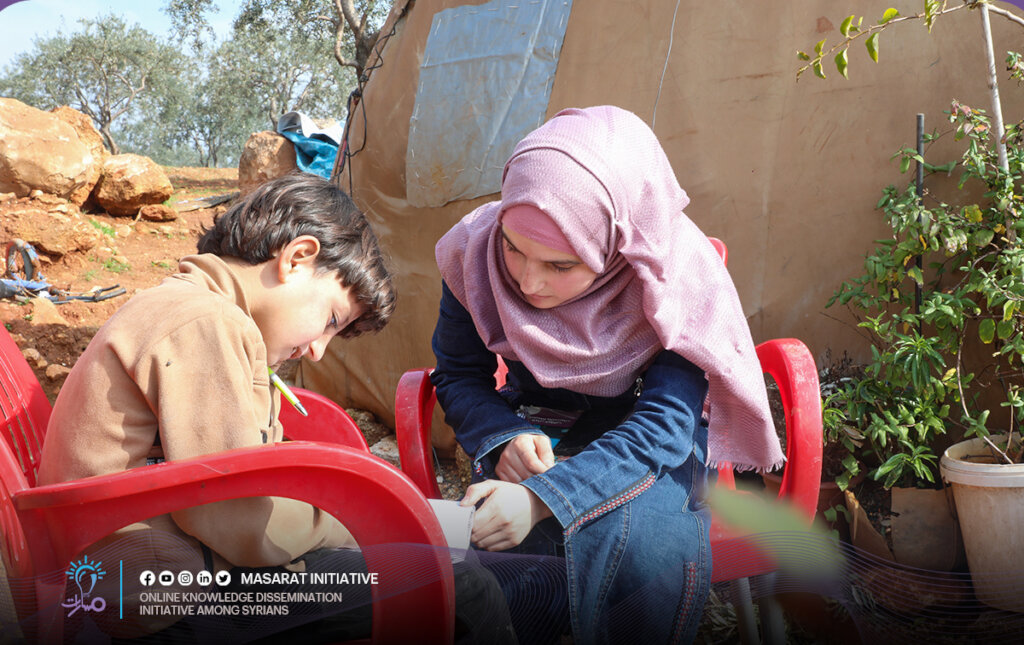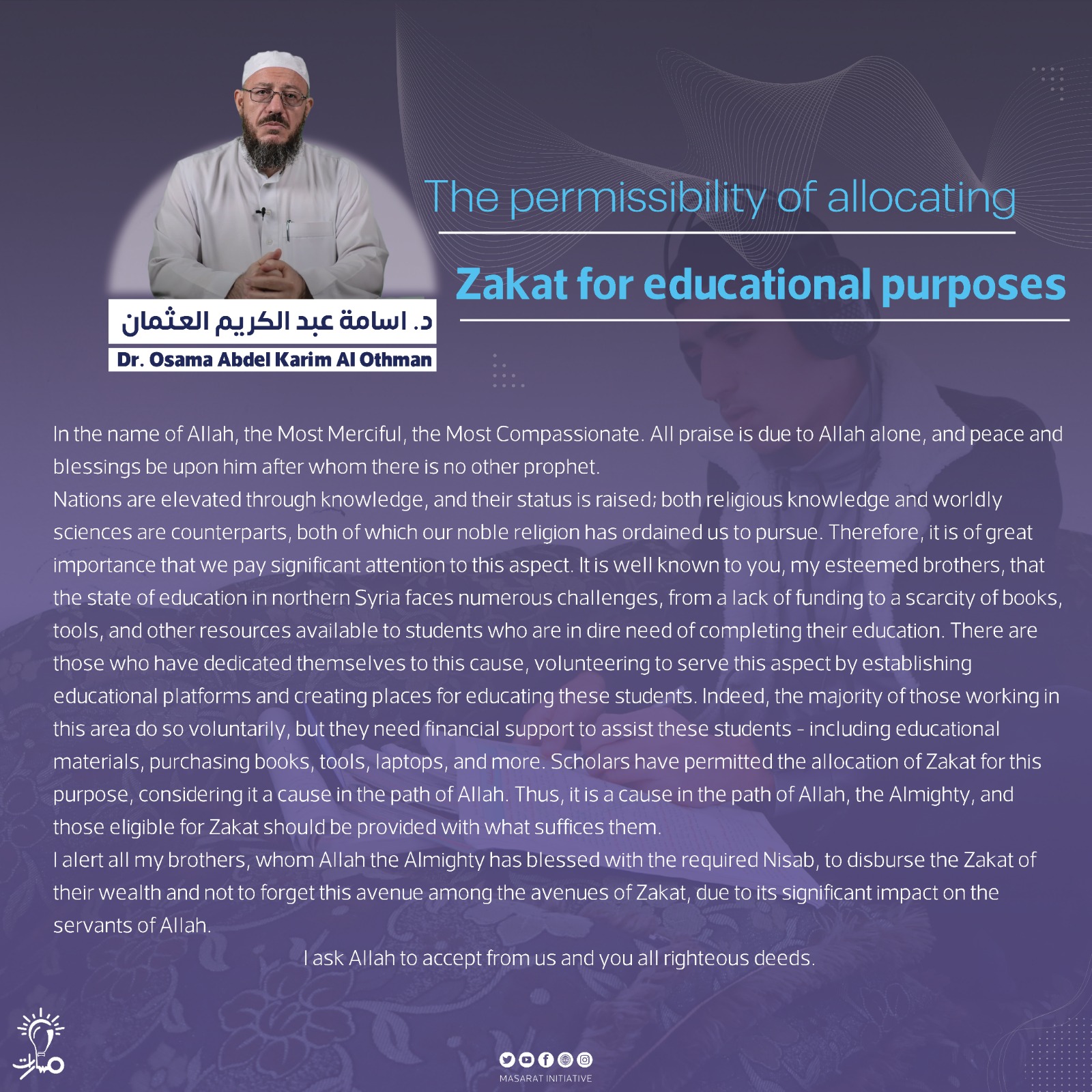The debate in Islamic jurisprudence regarding the zakat on the wealth of minors and the insane is well known, presenting a controversial issue among scholars and jurists. This debate extends to the fundamental view of zakat: is it considered an act of worship that requires accountability and the ability to perform, or is it a financial right for the poor that must be extracted from the wealth of the rich regardless of the owner’s condition?
Today’s article discusses the different opinions and the Sharia evidence relied upon by each school of thought regarding this type of zakat. We aim to shed light on this jurisprudential matter by explaining the various viewpoints surrounding it.
What is Zakat on the Wealth of Minors and the Insane?
The juristic disagreement on zakat for the wealth of minors and the insane varies among scholars, oscillating between viewing it as a personal act of worship imposed only on those obligated by religious duties, and seeing it as a right of the poor entitled from the wealth of the rich regardless of the owner’s ability to fulfill the obligation.
Perspectives on Zakat for the Wealth of Minors and the Insane
The four Sunni schools of thought have diverged on the zakat of minors and the insane’s wealth, splitting into two directions:
The First Direction
Includes the Shafi’i, Maliki, and Hanbali schools, which mandate zakat on the wealth of minors and the insane based on evidence such as:
- The verse from the Quran: “Take, [O, Muhammad], from their wealth a charity by which you purify them and cause them increase,” establishing zakat as a command and an obligation if the nisab (minimum amount of wealth) is reached and a lunar year has passed.
- The Hadith of the Prophet Muhammad (peace be upon him) to Muadh bin Jabal when sent to Yemen: “Inform them that Allah has prescribed a charity to be taken from their wealth which is to be given to their poor.”

The Second Direction
Is unique to the Hanafi school, which deems it impermissible to take zakat from the wealth of minors and the insane, similar to other acts of worship, based on:
- The verse: “Take, [O, Muhammad], from their wealth a charity by which you purify them and cause them increase,” interpreting that minors are not subject to purification as they bear no sin.
- The prophetic narration: “The pen has been lifted from three: the sleeper until he awakes, the child until he reaches puberty, and the insane until he comes to reason,” implying that minors and the insane are not accountable for religious obligations like prayer and fasting.
Ruling on Zakat for the Wealth of Minors and the Insane
Opinions among scholars and Islamic jurisprudence leaders vary between supporting its obligation and opposing it, as mentioned in a fatwa by the Permanent Committee in Saudi Arabia. This is based on the prophetic narration when the Prophet (peace be upon him) sent Muadh to the people of Yemen, instructing him to inform them of the zakat obligation, thus expanding the concept of “the rich” regardless of their mental state or age.
The Hanafi School of Thought
The Hanafi scholars argue against the permissibility of zakat from the wealth of the insane as they are not obligated; thus, prayer and fasting are not required of them, let alone zakat. However, counterarguments stress that zakat, unlike prayer and fasting, is a financial right benefiting the poor, making it obligatory on the wealth of minors and the insane to assist those in need.
Masarat for Sustainable Education and Training in Northern Syria
Masarat, a non-profit educational institution, opens its doors to Syrian students, offering its educational resources for free as a noble response to the challenges of war and displacement. Your contributions through zakat offer an opportunity to expand its reach and support the neediest students towards a better future.

Frequently Asked Questions About Zakat on Wealth
Is it permissible to give my child zakat?
No, as parents are primarily responsible for their children’s expenses.
Is zakat obligatory on a minor orphan's wealth?
Scholars agree on the obligation of zakat on an orphan’s wealth when it reaches the nisab.
Can I give zakat to my daughter?
Parents must provide for their daughters under their care without using zakat funds, but if she is married to a poor man, giving her zakat is permissible.
Is it permissible to give zakat to an orphan sister?
Being an orphan doesn’t necessarily mean she is in need, but if she meets one of the eight categories of zakat recipients, then it is permissible.
Who is exempt from paying zakat?
Zakat is not obligatory on four categories: the poor, the needy, those in debt, and the deprived.
Who are the most deserving of zakat?
The poor and the needy are prioritized, along with needy relatives.






